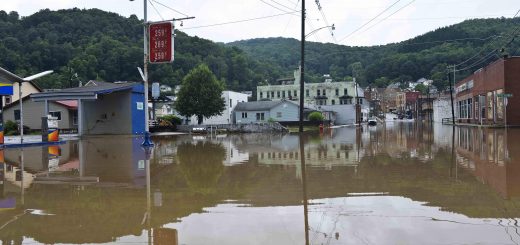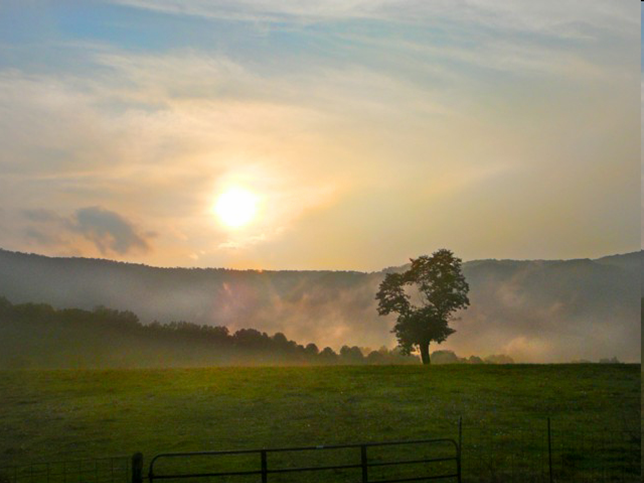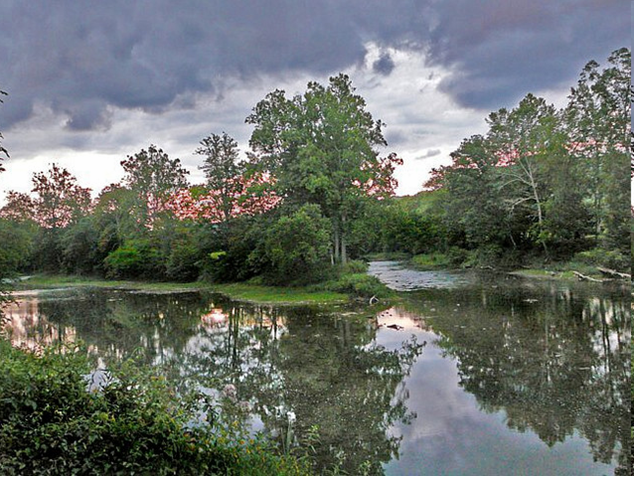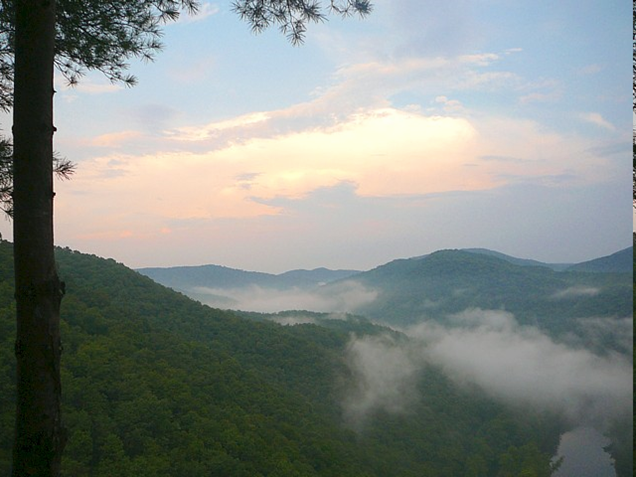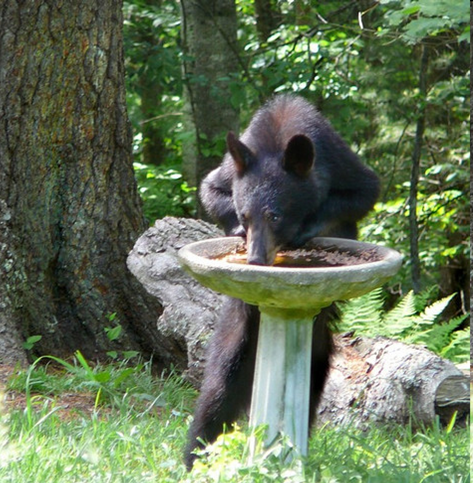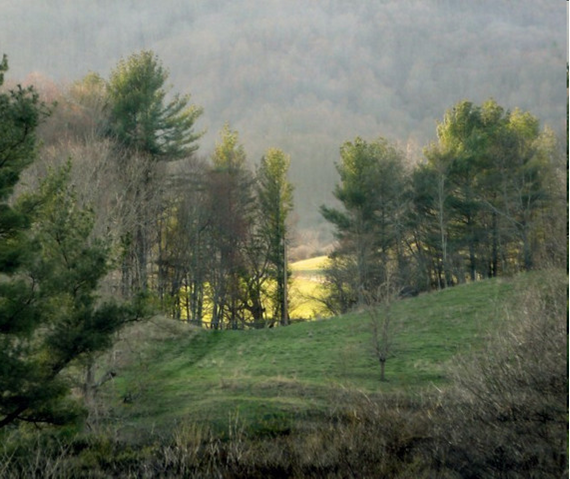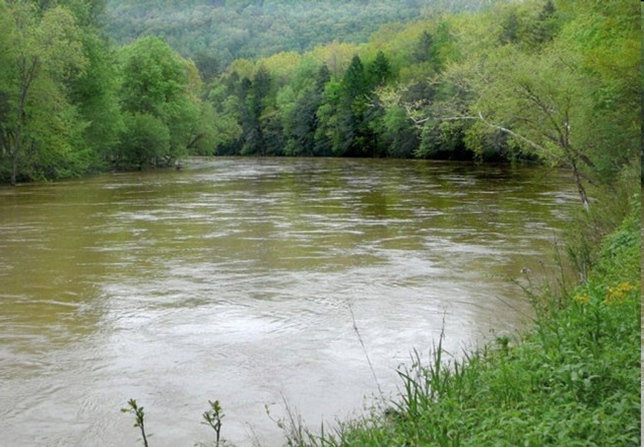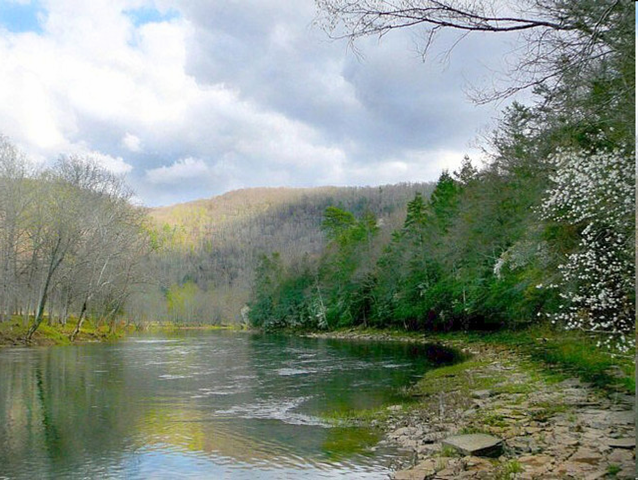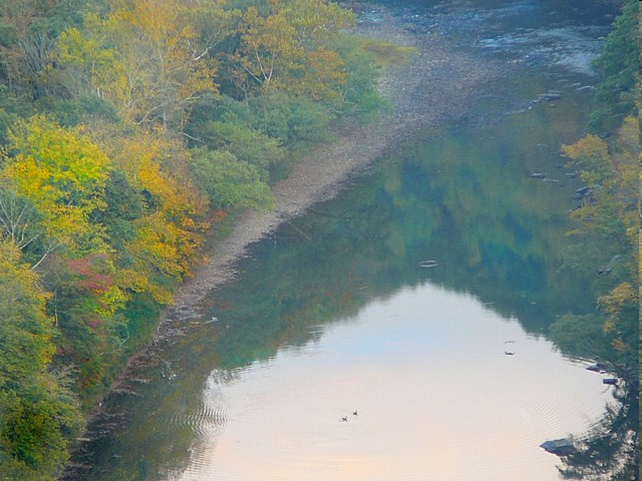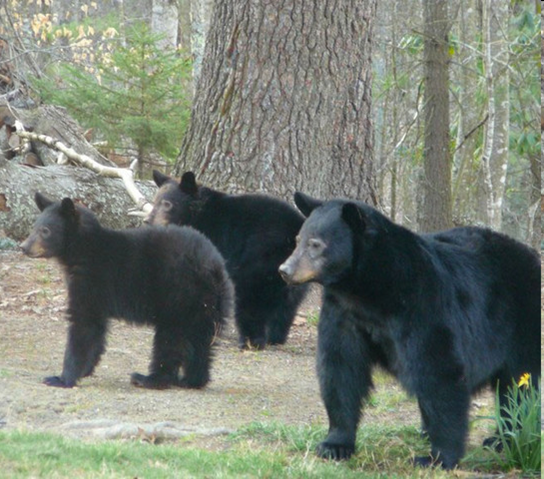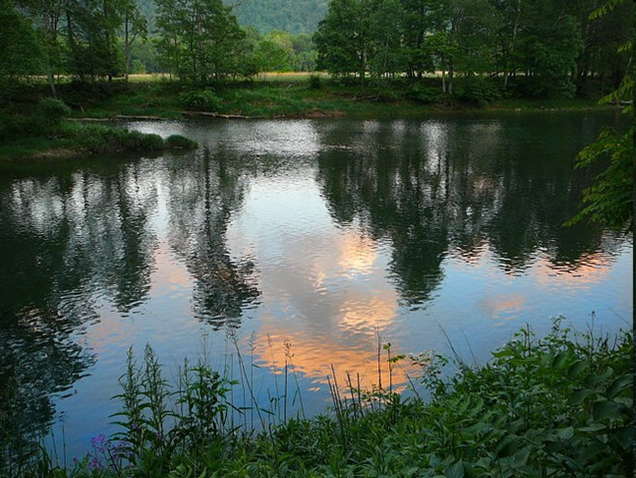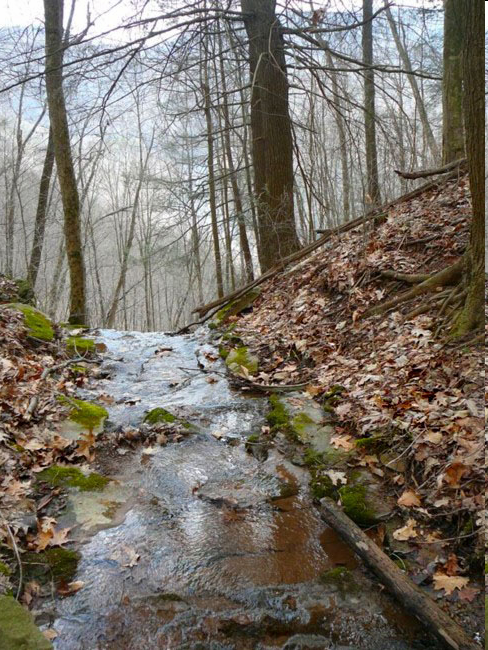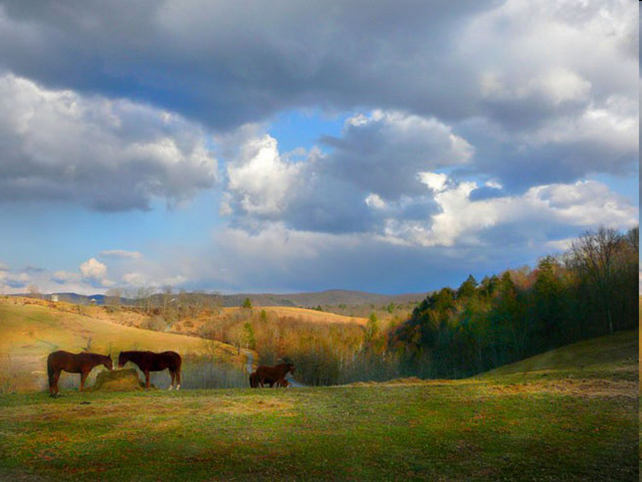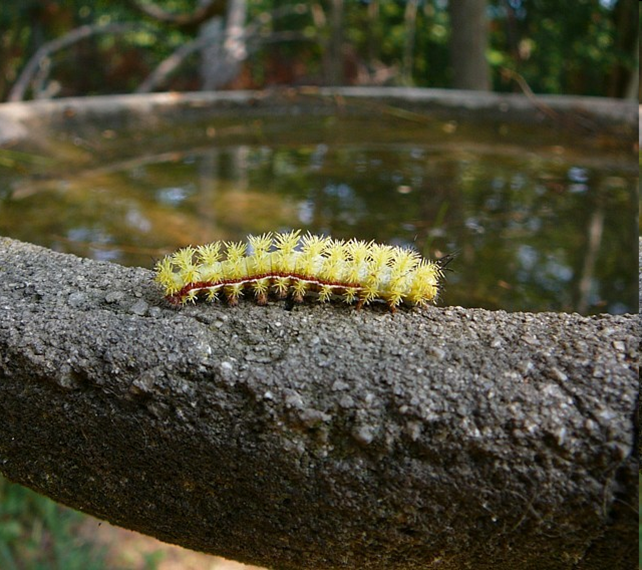How eminent domain is blighting farmers in path of gas pipeline
By Micheal Sainato; The Guadian
May 28, 2019
Compulsory purchase – or the threat of it – of property on the route of a pipeline for fracked natural gas has left a slew of grievances and lawsuits in West Virginia and Virginia
In July 2015, Neal Laferriere and his wife, Beth, purchased a home in Summers county, West Virginia. The first time they visited the property after purchasing it, they found stakes outlining what they would later find out to be the route for a gas pipeline.
About two years later, representatives for the Mountain Valley pipeline approached the Laferriere family over the land rights to their property. “The land agent was saying if we don’t come to the table they would just take it via eminent domain,” Laferriere told the Guardian.
Under eminent domain, private property is seized from owners for public use. But for many landowners along the Mountain Valley pipeline route –like the Laferrieres – the forced loss of some of their land was not the end of their woes. Many suffered damages to the rest of their property after agreeing to land easements or fighting the pipeline’s invocation of the eminent domain law.
Once completed, the Mountain Valley pipeline will transport up to 2bn cubic feet of fracked natural gas daily from the Marcellus and Utica shale basins along a 303-mile route from north-western West Virginia to southern Virginia, with a proposed 73-mile extension into North Carolina. The $4.6bn project is estimated to be completed in mid-2020, more than $1bn and over a year past the project’s initial estimated cost and completion date after protests, lawsuits and environmental violations have caused numerous delays.
With few alternative options in the face of eminent domain and concerned that his farm would be in jeopardy of being ineligible for organic certification, Laferriere signed a land easement for the pipeline route through their property
On 7 September 2018, Laferriere was out on his farm harvesting ginseng and planting seeds with two of his children when they noticed a helicopter flying low over the property. “A few seconds later we started getting pelted by these little blue pellets. Two of my children sustained lacerations to the face,” he said.
Ten days later, an agent with the Federal Energy Regulatory Commission and two representatives from the Mountain Valley pipeline met with Laferriere. He was informed the pellets were a product called EarthGuard Edge, meant for erosion control, and there was nothing to be done to clean up the product on the farm for which he had only recently obtained organic certification.
“The land agent said they were sorry and they would make sure it wouldn’t happen again. The next two days, a helicopter flies over again and covers the rest of my property with these pellets,” added Laferriere.
He quickly hired an attorney and filed a cease and desist against the Mountain Valley pipeline. Six months after trying to persuade the pipeline company to negotiate a settlement for damages, Laferriere filed a lawsuit in March 2019 against the pipeline.
“We’ve lost a ton of business because of this. I can’t sell that product as certified organic, and I can’t sell it at all because I don’t feel like I can offer a product that is pure. I’m afraid of having somebody get sick,” explained Laferriere. “Our business, our life, our farm, is utterly ruined right now because of these people. Our livelihood has been shot. What we worked so hard for on the farm to get certified organic and start a profitable business, it’s not there any more.”
Others have suffered too.
In Rocky Mount, Virginia, part of Dave and Betty Werner’s property was taken via eminent domain for the pipeline route and it has devastated their farm. On the Werners’ 58-acre farm, their best pasture, where they raise cows, chickens, pigs and turkeys, was seized for the pipeline.
“As a result of the Mountain Valley pipeline taking over that lower pasture, it put us out of business. We can’t live and operate without that pasture and the water sources down there,” said Dave Werner.
Construction began on their property in May 2018, which included blasting rock to clear trenches for the pipeline. “If they could either go away or finish this job, we could put our farm up for sale because we don’t want it any more in this condition, but we can’t even do that because of the mess.”
The Werners’ trial for just compensation from Mountain Valley pipeline for their property is scheduled to start next year.
That is not the first time the issue has gone to court. The dispute over the use of eminent domain for a fracked gas pipeline incited a federal lawsuit filed by landowners in Virginia and West Virginia. But a federal appeals court dismissed the case in February 2019 after the US supreme court declined to hear it.
Becky Crabtree, a resident of Lindside, West Virginia, was one of the plaintiffs in the lawsuit whose property was also taken by the pipeline.
“MVP had installed the pipeline across our land without paying us a dime,” said Crabtree, a retired teacher. 2019 Ford Expedition Read a quick review of this well-appointed new SUV.
She described how a sinkhole opened in her backyard and the value of her property declined to the point where its virtually unsellable. “The land we had purchased for homesites for our children now has a 42in natural gas pipeline under it or near it. The site and our existing home are in the incineration zone should there be a leak and explosion,” she said.

Becky Crabtree on her property in Lindside, West Virginia, where the Mountain Valley pipeline has been constructed. Photograph: Courtesy of Becky Crabtree
In Summers county, West Virginia, the 90.5 acres of Mark Jarrell’s property is nearly split in half by 3,020 feet of the pipeline’s route. He settled with MVP to grant a land easement after he felt he had no other viable option. Pipeline construction on his property is still ongoing after 13 months.
“Your plans, hopes, dreams for your property you worked for your whole life … All those things are gone now,” said Jarrell.
EQM Midstream Partners, the operator and majority owner of the Mountain Valley Pipeline, did not respond to multiple requests for comment.




